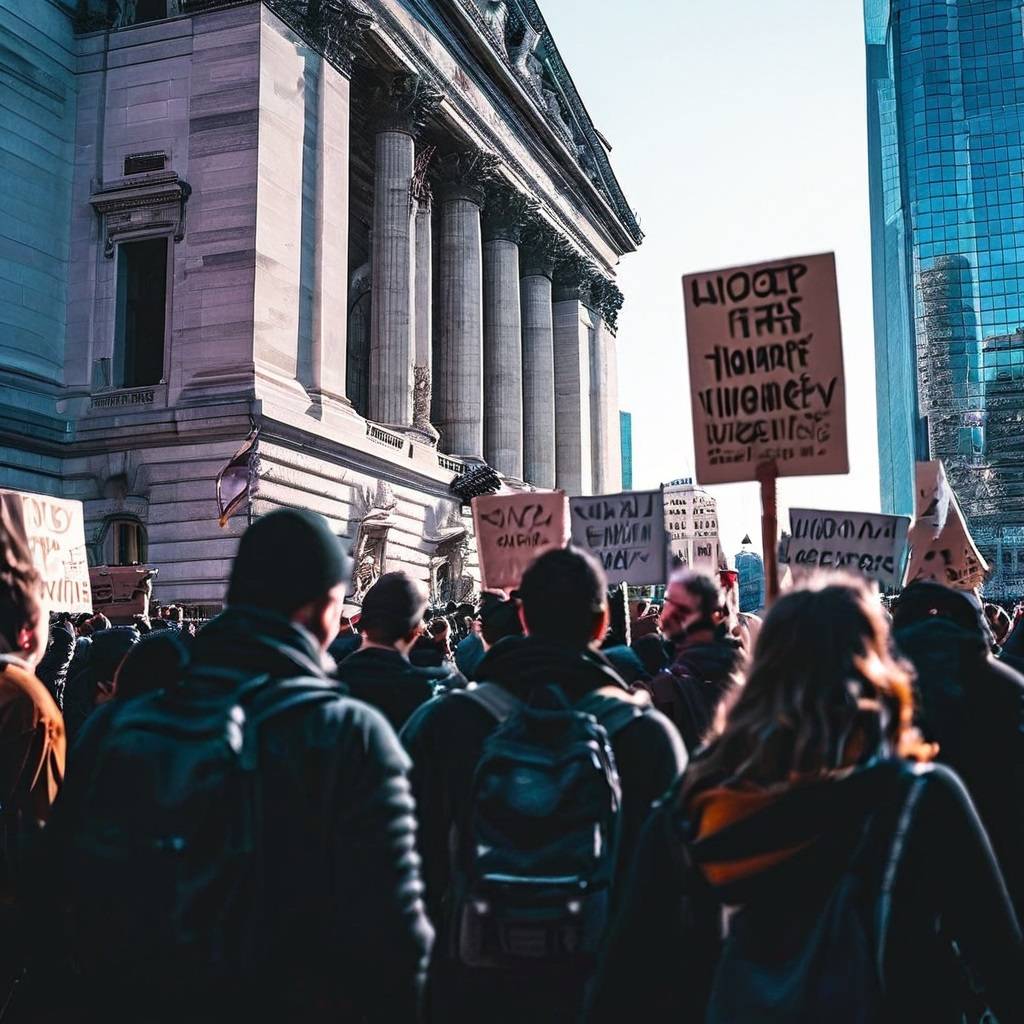SAN FRANCISCO – The California Supreme Court is set to examine the fate of the state’s gig economy as it hears arguments on Proposition 22, a case poised to shape the future of labor classification.
Rally for Gig Workers’ Rights
Rideshare and delivery drivers are gearing up for a rally outside the California Supreme Court today, poised to influence a pivotal case impacting the gig economy’s trajectory. Among them is Joseph Augusto, a veteran rideshare driver with nearly a decade of experience under his belt, having completed approximately 25,000 rides. While Augusto finds fulfillment in connecting with diverse individuals, he laments the declining pay and lack of essential benefits, such as paid sick leave and a guaranteed minimum wage.
Prop. 22: A Ballot Initiative’s Ramifications
Proposition 22, endorsed by almost 60 percent of voters in November 2020, redefined the employment status of rideshare and delivery drivers for companies like Uber, Lyft, DoorDash, and Instacart as independent contractors rather than employees. However, its implementation has drawn criticism for exacerbating disparities in pay and benefits, raising questions about the cost of such deregulation.
Deciding the Fate of Gig Workers
At the heart of the legal deliberation lies a fundamental question: Should California voters dictate employment laws and workers’ compensation, or should these rights be safeguarded by state legislation? The California Supreme Court, comprised of seven justices, holds the authority to resolve this contentious issue.
Perspectives and Projections
Amidst mounting anticipation, stakeholders have voiced their stances. Uber and DoorDash representatives have adamantly supported Prop. 22, warning against potential service cutbacks and cost escalations if the law is amended. Conversely, Joseph Augusto and others contend that the initiative infringes upon their rights as workers, sparking a broader debate over the balance between flexibility and protection in the gig economy.
Legal Implications and Expectations
Legal scholars speculate on the court’s potential stance, suggesting a nuanced approach that addresses concerns without invalidating the entire proposition. Central to these deliberations is the exclusion of gig workers from the state’s workers’ compensation system, a contentious aspect of Prop. 22.
Conclusion: A Verdict’s Impact on Gig Economy Dynamics
As the California Supreme Court prepares to render its decision within the next 90 days, the outcome of the Prop. 22 case looms large over the gig economy landscape. Whether it will affirm voter-driven initiatives or recalibrate labor regulations remains to be seen, but its repercussions will undoubtedly reverberate across industries and labor markets, shaping the future of work in the Golden State.
To stay updated on this developing story and more, download The Local News App to your mobile device and access comprehensive coverage of local and national news.









Leave a Reply